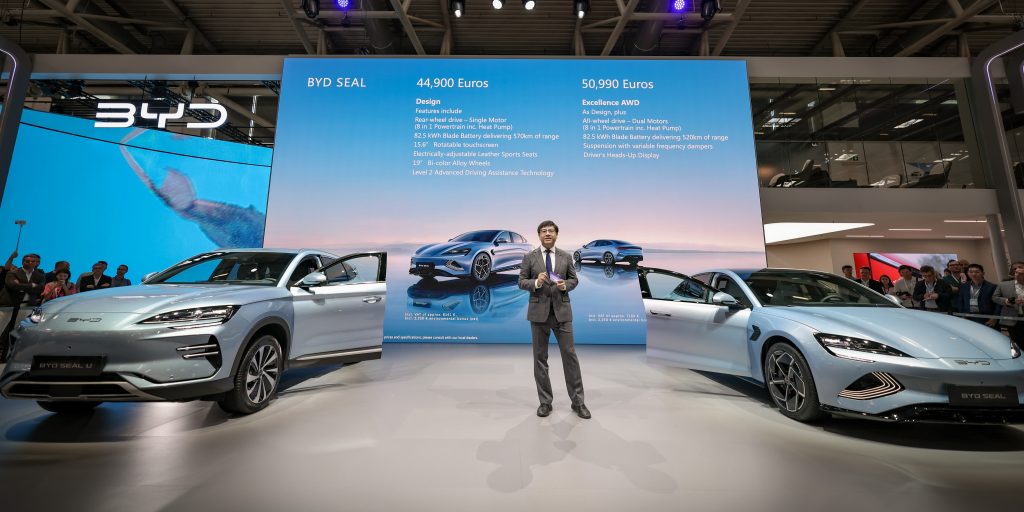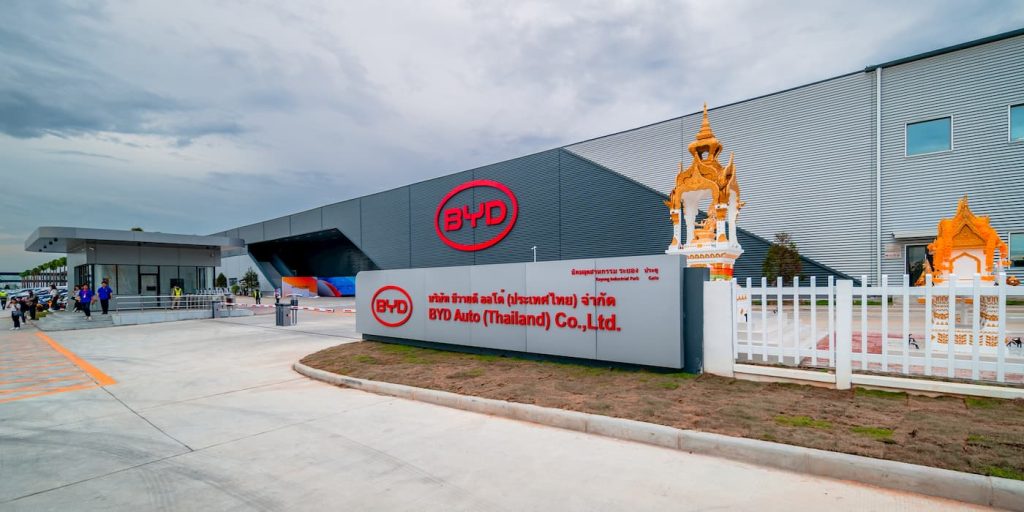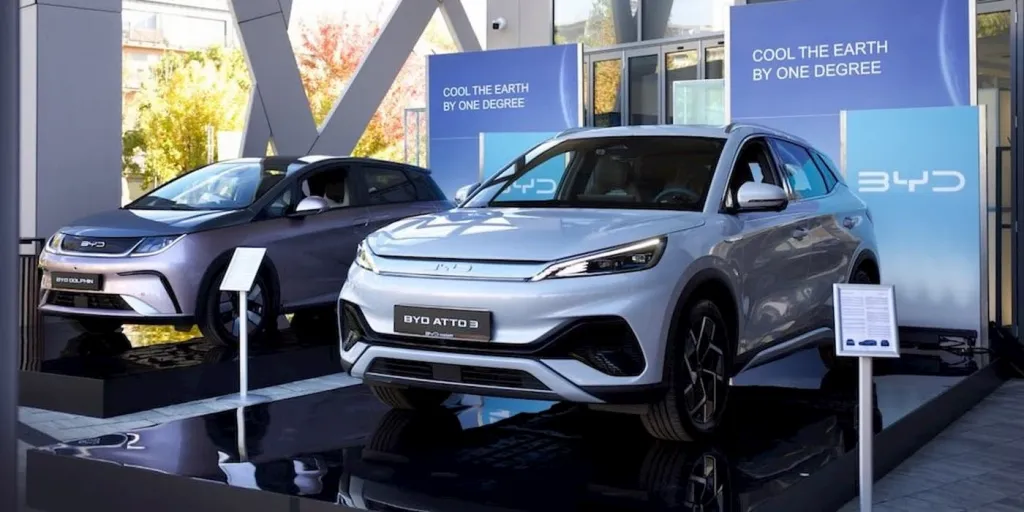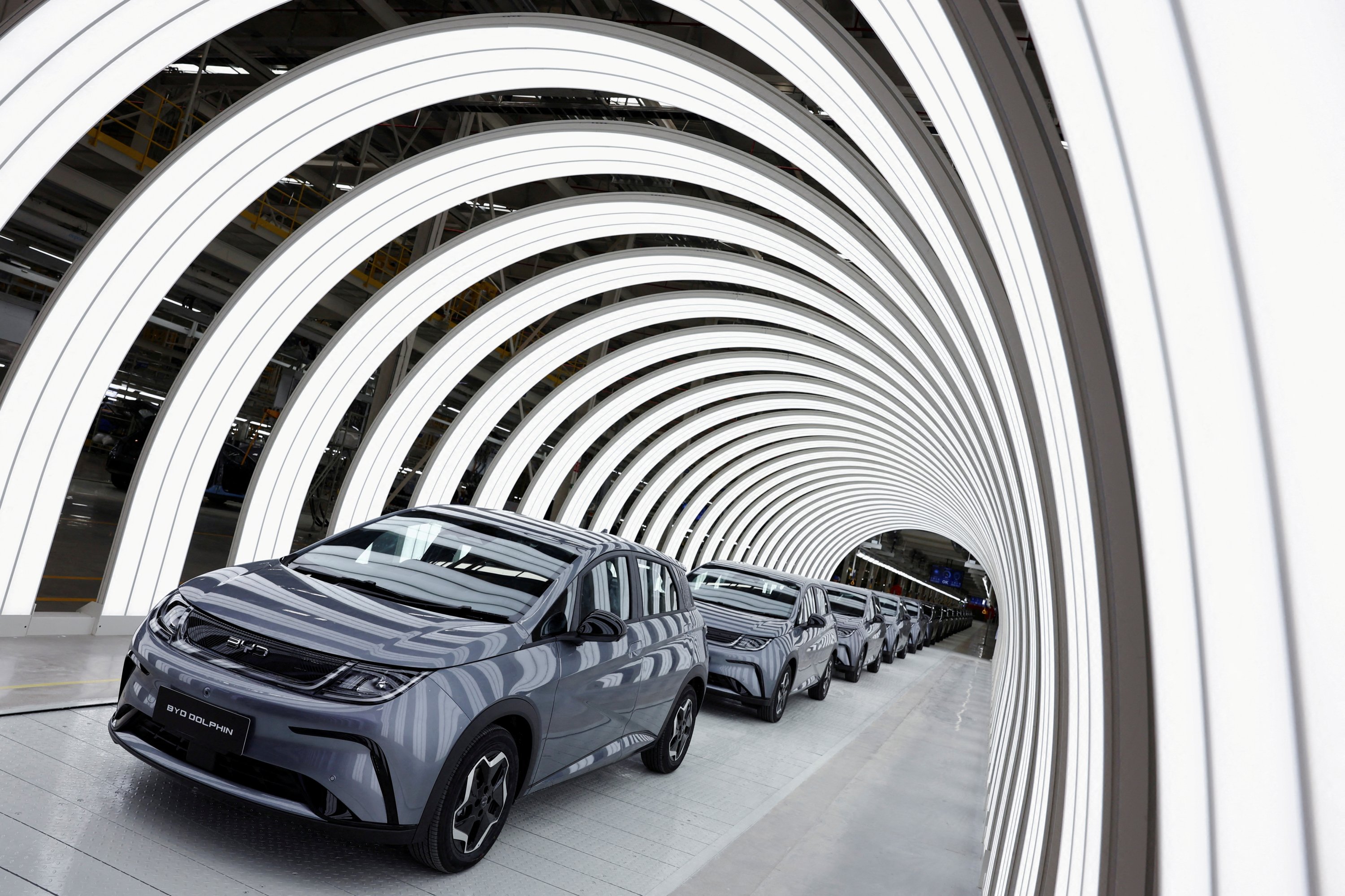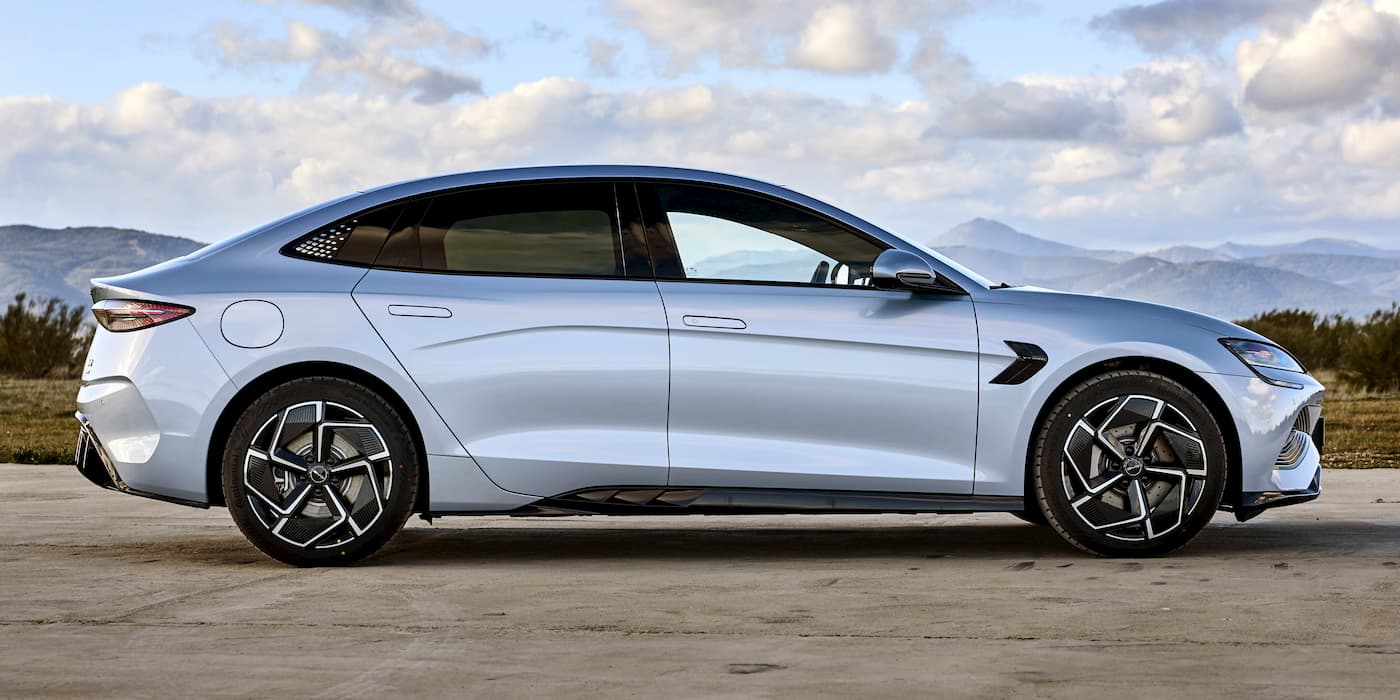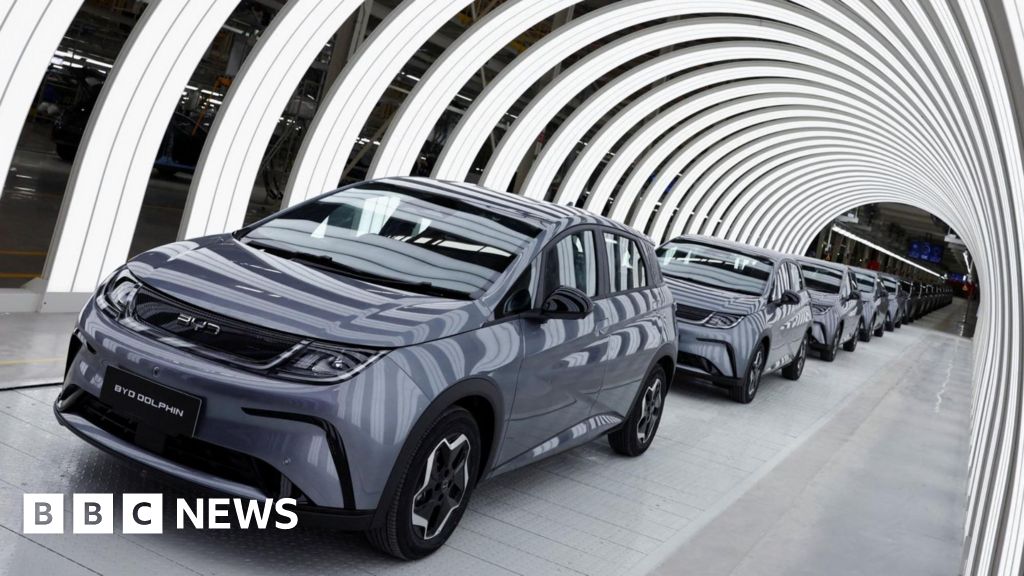
BYD, the Chinese electric vehicle (EV) maker and the world's second-largest EV company after Tesla, has signed deals to build new manufacturing plants in Turkey and Thailand as part of its global expansion strategy. The Turkish plant is expected to produce up to 150,000 vehicles annually and create around 5,000 jobs.
BYD's agreement with Turkey was signed by the company's Chairman Wang Chuanfu and Industry & Technology Minister Mehmet Fatih Kacir on July 8, 2023. The plant is expected to start production at the end of 2026 and improve logistical efficiency for reaching European customers.
Turkey, which is part of the EU's Customs Union, offers attractive access to the European market for investors. The Turkish automotive sector aims to transform towards new generation and environmentally friendly electric vehicles as its primary goal in the automotive sector.
The EU raised tariffs on Chinese EV imports last week, imposing an extra 17.4% duty on vehicles shipped from China to the EU. However, Turkey's Customs Union allows vehicles made in Turkey and exported to the bloc to avoid additional tariffs.
BYD has been rapidly expanding its production facilities outside China. It announced a manufacturing plant in Hungary last year and opened an EV plant in Thailand this year.
The Turkish government put an extra 40% tariff on imports of Chinese vehicles, but the EU's Customs Union allows vehicles made in Turkey and exported to the bloc to avoid additional tariffs. This makes Turkey a strategic location for BYD to reach European customers efficiently.
BYD aims to meet the increasing demand for new energy vehicles in Europe by establishing a presence there. The Turkish plant will be an important step towards achieving this goal.
The EU has set ambitious targets to reduce carbon emissions and increase the adoption of electric vehicles. Turkey, with its strategic location and attractive business environment, offers an excellent opportunity for BYD to expand its operations in Europe.
BYD's new plant in Turkey will create up to 5,000 jobs and contribute significantly to the Turkish economy. The company is expected to start production at the end of 2026.
The Turkish automotive sector considers transformation towards new generation and environmentally friendly electric vehicles as its primary goal in the automotive sector. BYD's investment in Turkey aligns with this goal and will help accelerate the adoption of electric vehicles in Turkey.
BYD is not alone in its expansion plans. Tesla, Volkswagen, Ford, and other major automakers are also investing heavily in Europe to meet the growing demand for electric vehicles.
In conclusion, BYD's agreement to build a $1 billion EV plant in Turkey marks an important step towards expanding its operations in Europe and meeting the increasing demand for electric vehicles. The strategic location of Turkey, its attractive business environment, and its position within the EU's Customs Union make it an ideal location for BYD to reach European customers efficiently.
